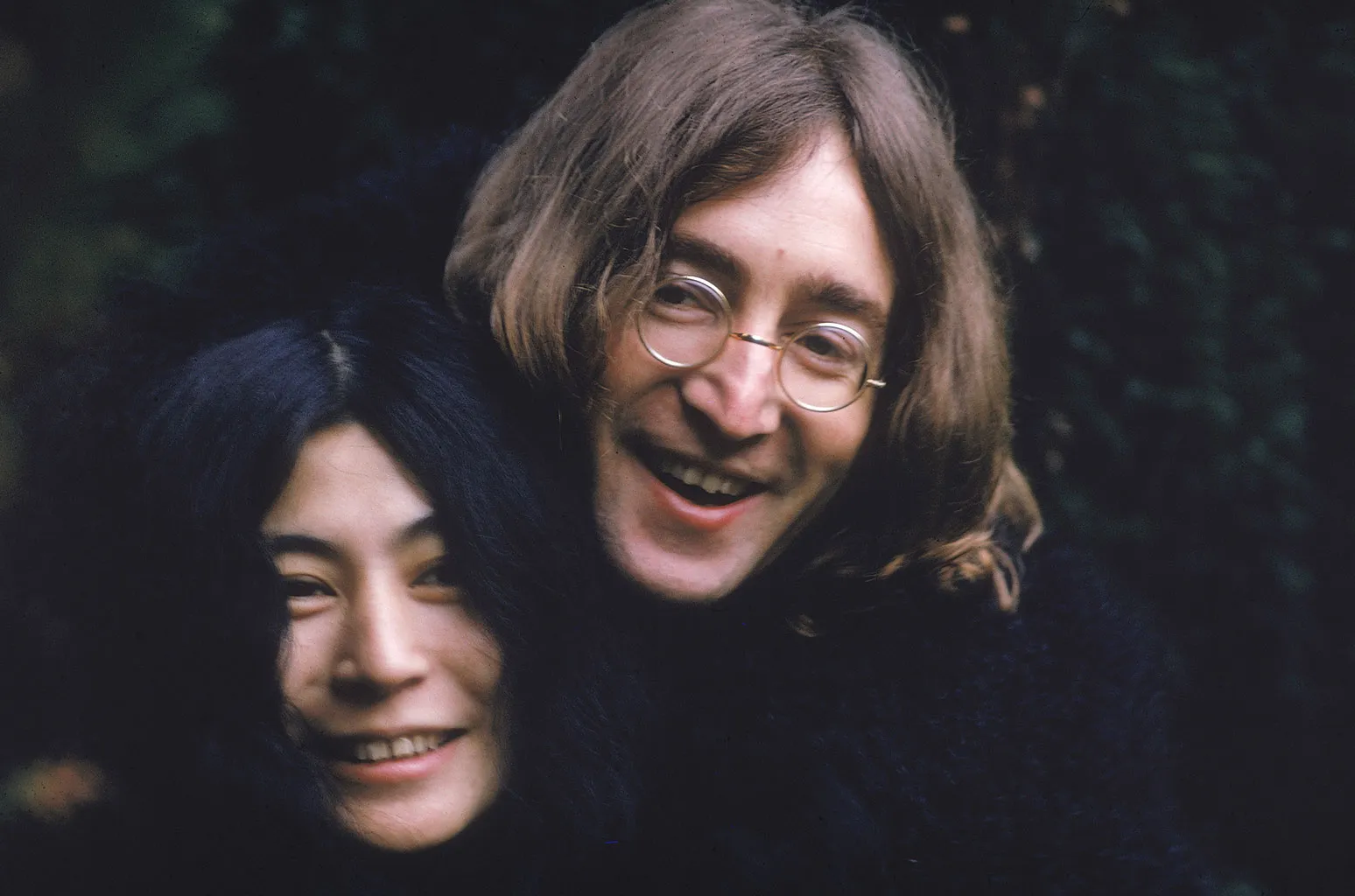When we think about John Lennon, we instantly remember the magic of The Beatles — songs like “Hey Jude,” “Come Together,” and “Let It Be.” But Lennon’s solo career showed a different side of him — a man who wanted to dig deep into his emotions and talk about love, peace, and the human mind. One of the best examples of that is his 1973 album Mind Games.
Even before leaving The Beatles, Lennon was always interested in making music that sounded unusual. Take “Strawberry Fields Forever,” for example — a song full of strange sounds, dreamlike lyrics, and a trippy ending that fades in and out. It was nothing like the cheerful pop hits from the early Beatles days. That song showed how Lennon wanted to experiment and express feelings that couldn’t always be explained with simple words.
When Lennon started his solo career, he didn’t want to make easy pop songs anymore. His first solo album, Plastic Ono Band, was raw and emotional — filled with songs about pain, loss, and self-discovery. It was very different from what fans expected. By the time Imagine came out, Lennon had found a way to mix his deep thoughts with a more hopeful sound. But even that didn’t last long.
Then came Some Time in New York City, a political album he made with Yoko Ono. It talked about social issues, but it wasn’t what fans wanted to hear from the man who once sang “All You Need Is Love.” The album didn’t do well, and both Lennon and Ono started to feel the pressure. That’s when they decided to take a break from each other.
During this separation, Lennon began writing Mind Games. He said he wrote most of the songs in just a week, but they carried deep meaning. The album showed his loneliness and confusion but also his hope for peace and love. The title track, “Mind Games,” feels like Lennon trying to lift himself and others up. When he sings, “Love is the answer, and you know that for sure,” he’s not being naive — he’s reminding everyone that love and understanding are still the best tools we have.
At the time, though, not everyone understood what he was trying to say. Yoko Ono once said that Mind Games was “before its time.” In the early 1970s, the world was full of conflict — the Vietnam War was still happening, and people were losing faith in big ideals like peace and unity. But today, the message of Mind Games feels more relevant than ever. It’s about staying positive, being mindful, and spreading love even when the world feels heavy.
After Mind Games, Lennon continued his journey with Walls and Bridges, written during what he called his “lost weekend” — a period when he was separated from Yoko and struggling with fame and identity. Even then, his music carried the same mix of pain and hope.
Lennon may no longer be with us, but his songs continue to speak to every generation. Mind Games reminds us that life is complicated, love is powerful, and hope never goes out of style. It’s one of those albums that didn’t get enough credit when it came out, but over time, people began to see the wisdom in its words.
John Lennon always believed that music could change the way people think — and even decades later, Mind Games still challenges us to open our hearts and minds.

